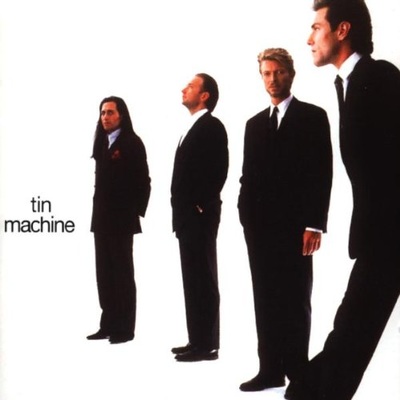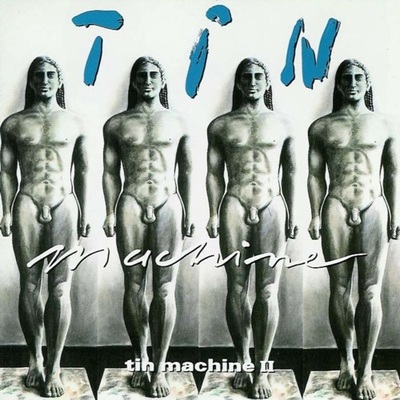FASCIST MUSIC
|
David Bowie's death in January triggered many deserved tributes. He was the greatest rock star ever.
But during the 1990s (technically 1987 to 2003), he released an amazingly long and unbroken string of terrible fascist albums. It would take a perverse revisionist* -- and there were plenty in the weeks after his death -- to deny how far he fell during these years. The Cliff's Notes Bowie is this: He came on the scene in the late 1960s as a psychedelic folkie, then hit his creative stride in the early 1970s as the glam Ziggy Stardust. He soon turned to "plastic soul," the Thin White Duke persona, and mountains of cocaine. Clean by 1977, he headed to Berlin to release a trio of artsy, acclaimed albums. Then he wanted to get popular again and released a big, ominous, arena-rock album (Scary Monsters... and Super Freaks) and two popular dance-rock albums (Let's Dance and Tonight). After these commercial successes, Bowie was at a crossroads. He chose fascism.
After so many embarrassments, it was time for Bowie to finally give up, which he did. But in a happy coda, 10 years later, he released two pretty good albums, 2013's The Next Day and 2016's Blackstar. His output from 1969 to 1983 had already ensured his legacy, but these two showed he was at least capable of humor, drama, and striving -- antidotes to fascism all -- and willing to share his gifts in his waning years. *One revisionist, Jason Hartley, came up with the Advanced Genius Theory to address work exactly like Bowie's 1990s output. Per Hartley's theory, since Bowie is an acknowledged genius, it's natural that the genius present in his work would eventually exceed his audience's ability to appreciate it. The "problem," then, lies with us, not Bowie.
0 Comments
Leave a Reply. |
What is fascist music?In Dave Marsh's 1979 review of Queen's Jazz, he wrote, "Indeed, Queen may be the first truly fascist rock band." No other word so neatly expresses supremacy of the powerful and devaluation of the individual. Archives
August 2022
Categories
All
|









 RSS Feed
RSS Feed
